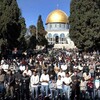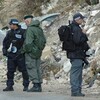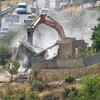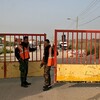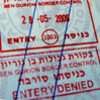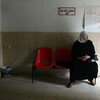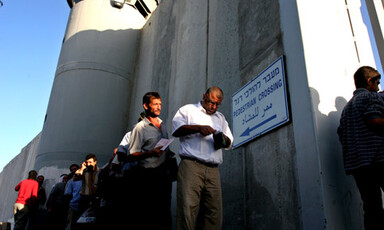
Iraq Study Group: No Military Solution to the Palestine Question
6 December 2006
In its 6 December report, The Iraq Study Group made three important points regarding the Israeli-Palestinian conflict: 1) there is no military solution to the conflict; 2) UN Resolutions 242 and 338 and the principle of “land for peace” is the only way to achieve peace; 3) hold unconditional meetings to resume negotiations. The group also stressed the importance of an engaged U.S. administration in political negotiations based on a two-state solution. While these recommendations are on target and the significance of the messenger should not be dismissed, the message is not new. Palestinians have long reiterated these points. Read more about Iraq Study Group: No Military Solution to the Palestine Question

